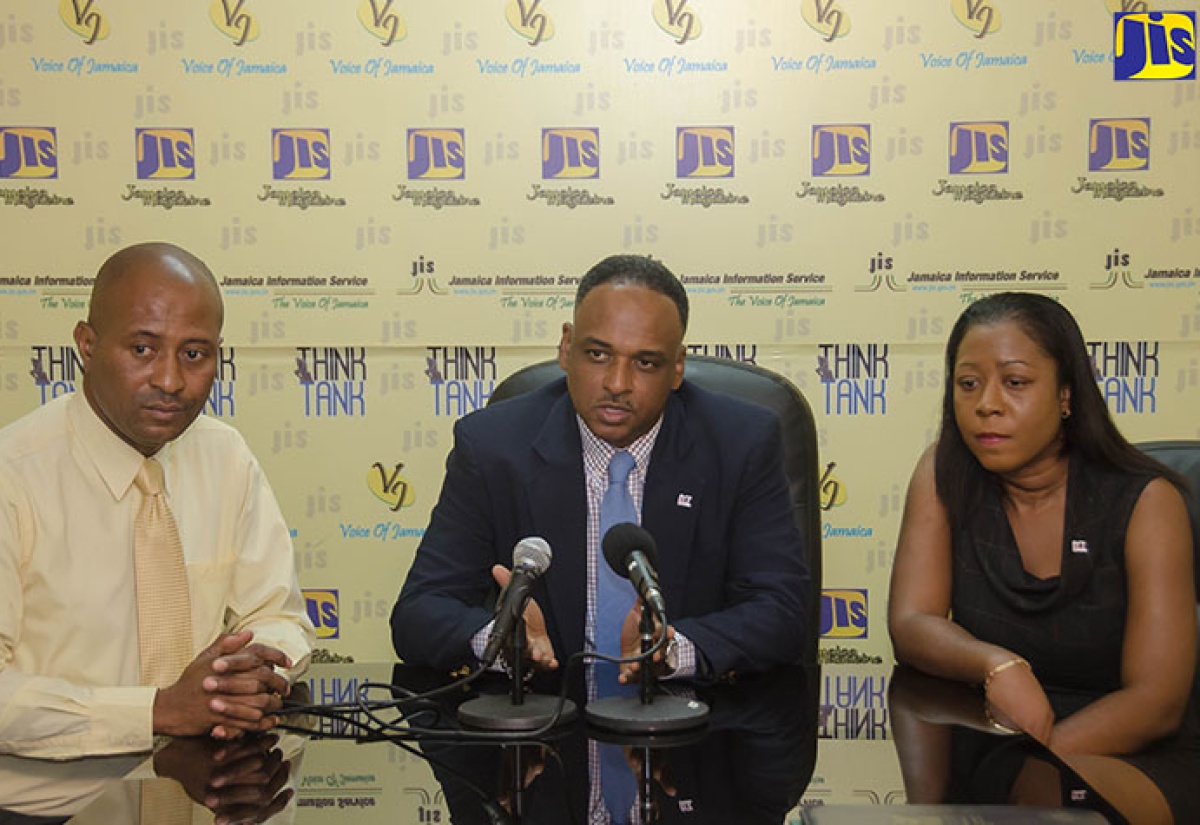18 Communities Benefit from Social Intervention Initiatives
By: , January 23, 2017The Key Point:
The Facts
- Managing Director at JSIF, Omar Sweeney, told JIS News that the project has several components, including road rehabilitation; improving electricity connections and construction of community spaces; improvement in public safety, which covers replacement of zinc fences with alternatives; and training of community mediators.
The Full Story
Some 18 communities across the island are benefiting from various social interventions and infrastructural initiatives being undertaken by the Jamaica Social Investment Fund (JSIF), aimed at promoting public safety and transformation.
The initiatives are being administered as part of the Integrated Community Development Project (ICDP) and funded through a US$42-million loan from the World Bank.
The project, which commenced in 2014 and is expected to end in 2020, will engage underserved communities in Clarendon, Kingston, St. Andrew, St. Ann,St. Catherine, St. James and Westmoreland.
Managing Director at JSIF, Omar Sweeney, told JIS News that the project has several components, including road rehabilitation; improving electricity connections and construction of community spaces; improvement in public safety, which covers replacement of zinc fences with alternatives; and training of community mediators.
The project also has a youth livelihood and development component with a focus on education and skills training programmes for at-risk youth; after-school programmes and training in animation, entertainment and the arts.
“Under the ICDP, we are doing electricity regularisation and hosting community fairs to allow persons to sign up for their birth certificates. We are doing skills training and dealing with unattached youth, and we are dealing with dispute resolution with several ongoing interventions. It is about crime-prevention initiatives, providing better roads and ensuring better policing of these communities,” Mr. Sweeney explained.
The Managing Director added that the communities were selected based on a number of factors, such as demographics, poverty levels, vulnerability levels, the presence of gangs and other social dispute issues and crime statistics.
Meanwhile, General Manager for Technical Services at JSIF, Loy Malcolm, pointed out that the initiative is geared towards community renewal and transformation; investment in the lives of persons; building human capacity and investing in the local community organisations and the governance structures that exist.
“So, the programme will deliberately and slowly seek to change and transform how the communities look, the roads, the drainage network, the schools, the green spaces… it will create opportunities for persons to earn, learn and participate,” Ms. Malcolm highlighted.
She pointed out that the first two years of the project were about engaging, consulting and identifying the priority needs of the communities.
“So, these two years have allowed us to plan and strategise how we are going to make the larger investments, and going into the third year, we will be focusing on the rolling out of a solid-waste management component and make the investments in changing the behaviour of the communities,” she said.


